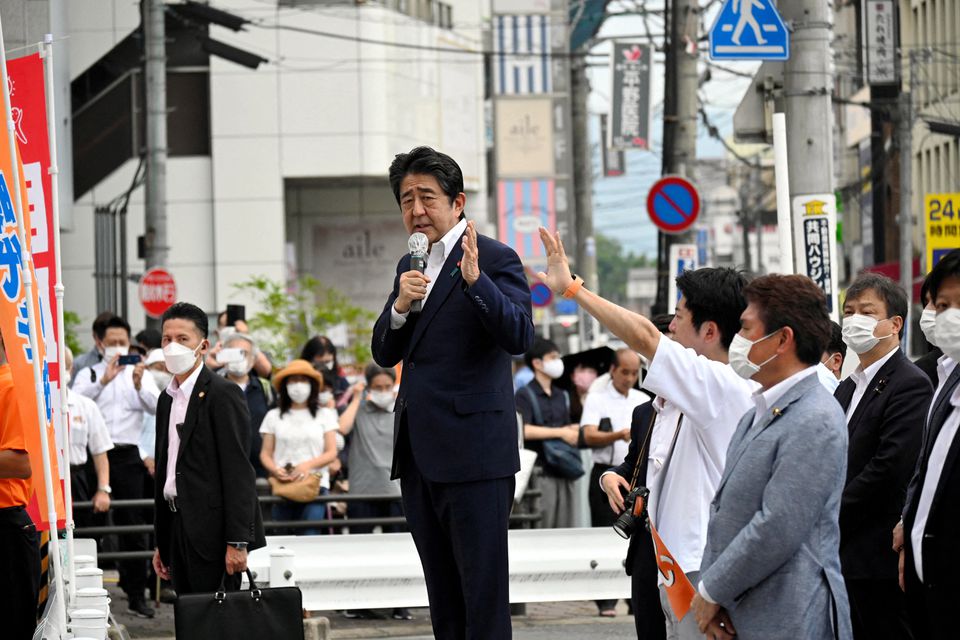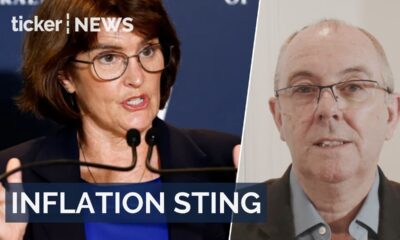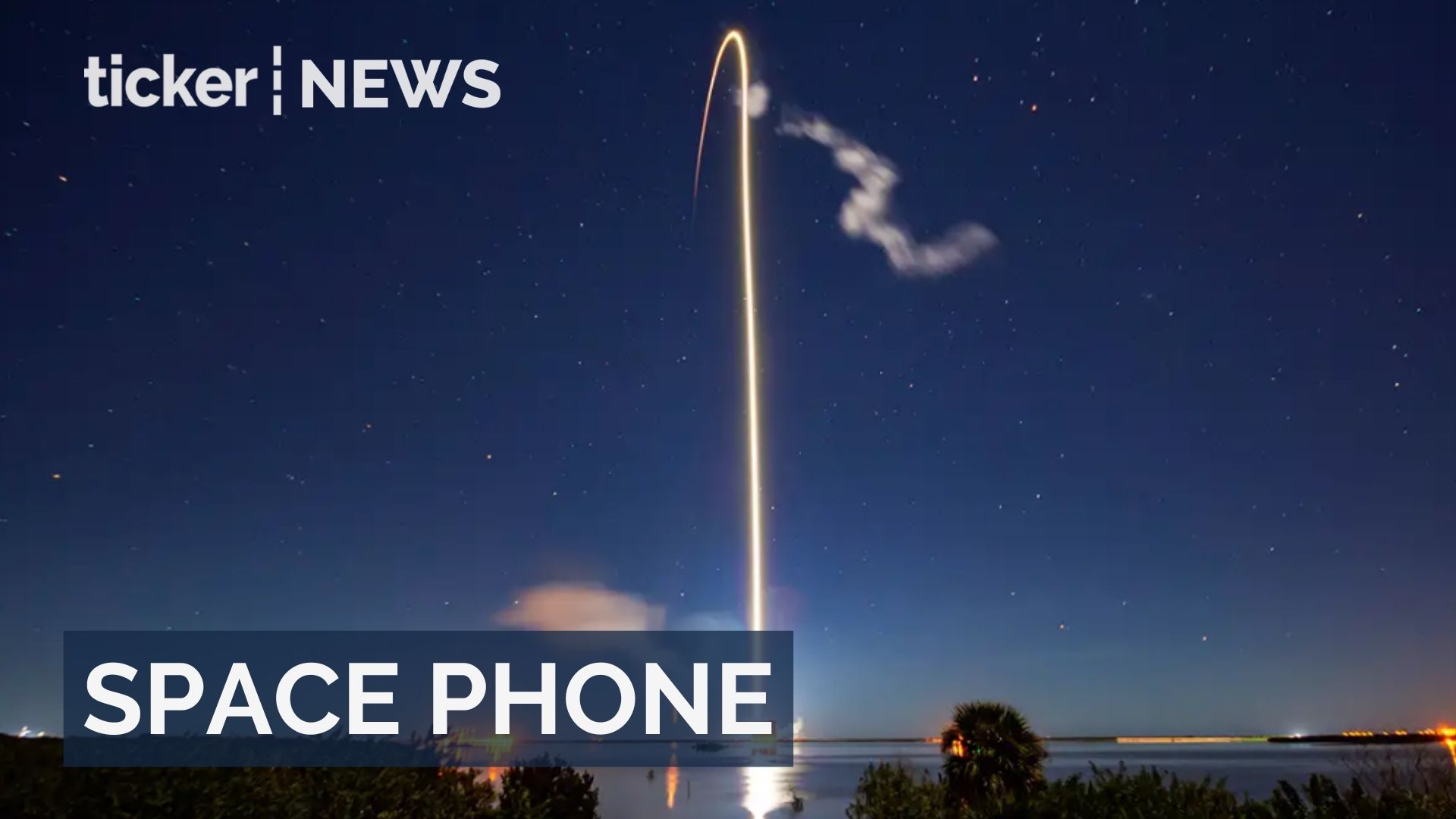News
Authorities reveal 2.5 seconds ultimately sealed Shinzo Abe’s fate

News
U.S. ramps up Cuba aid as energy crisis deepens
News
SpaceX expands Starlink with phone plans and satellite tracking ambitions
SpaceX expands Starlink with a mobile device and space tracking, raising concerns over revenue and US government reliance.
News
Oil prices surge as U.S.-Iran tensions escalate
-



 Ticker Views4 days ago
Ticker Views4 days agoElon Musk merges SpaceX and xAI to create solar-powered AI data centres
-



 Money4 days ago
Money4 days agoAustralia’s inflation hits 3.8%: Budget decisions under pressure
-



 Money5 days ago
Money5 days agoWall Street gains momentum amid tech and earnings surge
-



 Ticker Views4 days ago
Ticker Views4 days agoRBA interest rate increase explained – impact on Australians
-



 News1 day ago
News1 day agoU.S. ramps up Cuba aid as energy crisis deepens
-



 Ticker Views4 days ago
Ticker Views4 days agoUS-Russia nuclear arms control treaty comes to an end
-



 News3 days ago
News3 days agoAmazon launches AI tools to change film and television production
-



 News4 days ago
News4 days agoGrok continues generating sexualised images despite new safeguards






